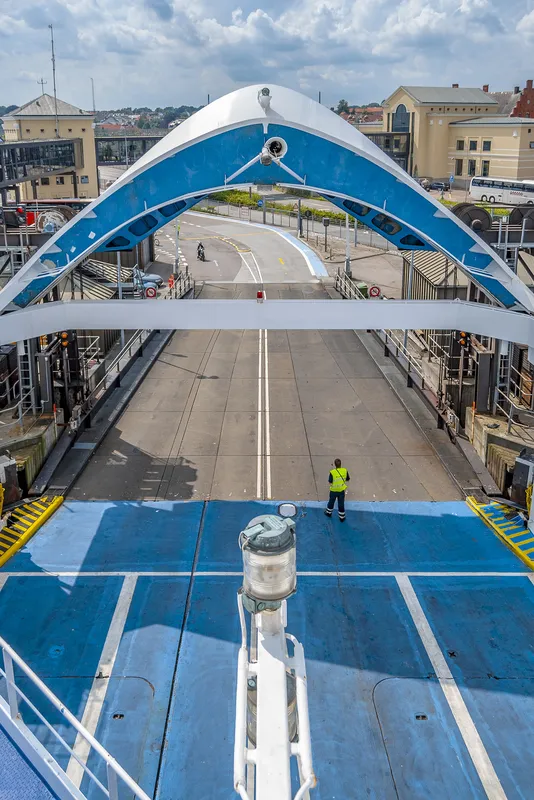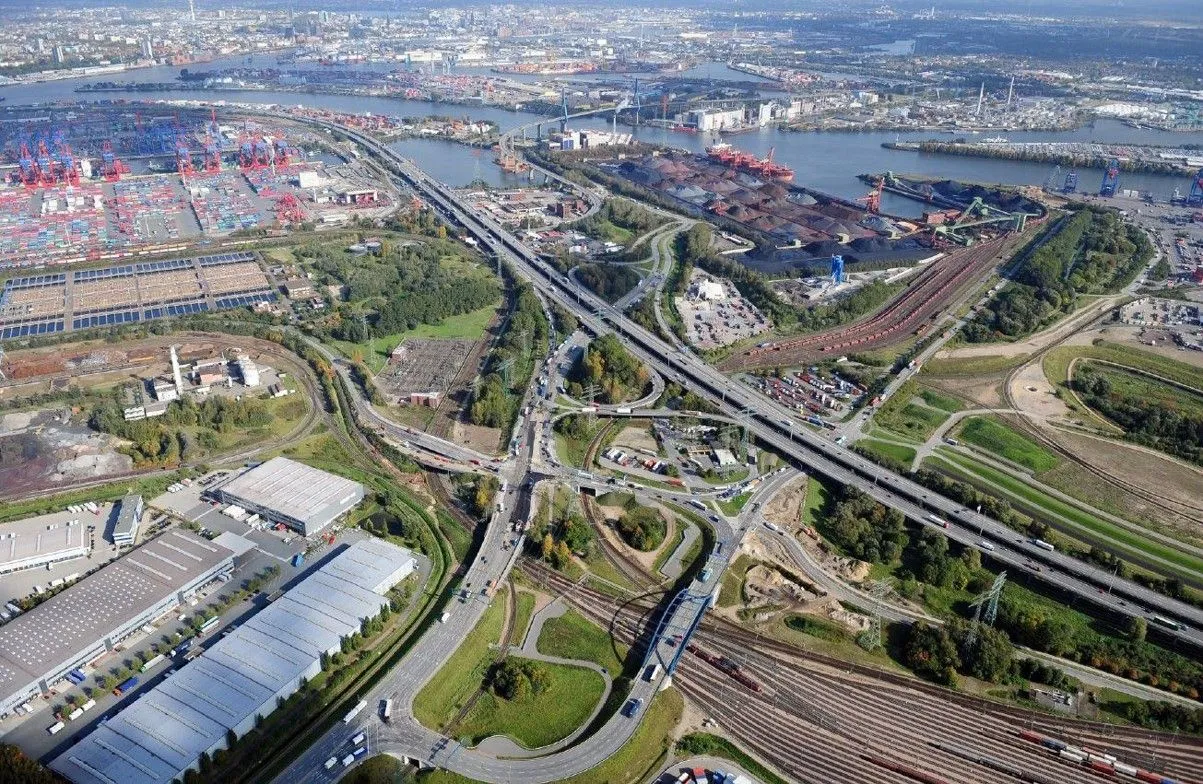A Danish company, Femern, is submitting documents for the Fehmarn Belt Fixed Link, an immersed tunnel that will connect Germany with Denmark. The project is expected to cost in the order of €5.5 billion to construct. An 18km immersed tunnel will link the islands of Fehmarn and Lolland. Fehmarn Island is already connected with Northern Germany’s mainland by a bridge, while Lolland is already connected by a tunnel and bridges with Zealand, a link that runs via the island of Falster
October 30, 2013
Read time: 2 mins
A Danish company, 4782 Femern, is submitting documents for the Fehmarn Belt Fixed Link, an immersed tunnel that will connect Germany with Denmark. The project is expected to cost in the order of €5.5 billion to construct. An 18km immersed tunnel will link the islands of Fehmarn and Lolland. Fehmarn Island is already connected with Northern Germany’s mainland by a bridge, while Lolland is already connected by a tunnel and bridges with Zealand, a link that runs via the island of Falster. This new immersed tunnel would reduce the travel distance using the existing links and cut journey times between Germany and Denmark, as well as Germany and Norway and Sweden. The route is expected to provide a major trade connection for the region as it will also be close to Hamburg, which is home to one of Europe’s largest and busiest sea ports. The German authorities are expected to approve the project in summer 2015. Most of the costs for the work will be paid for by Denmark. The tunnel connections in Germany are expected to cost some €800 million, but could conceivably climb higher. The tunnel will be the world’s longest immersed tunnel as well as being the world’s longest tunnel combining rail and road connections when it is completed. Initially the link was to have been open to vehicle and rail traffic by 2018 but a series of delays has now pushed back the expected completion date to 2021.








